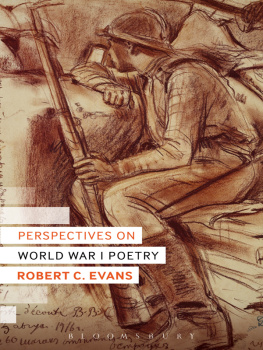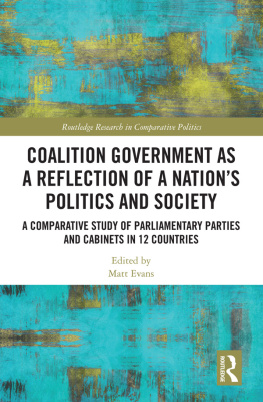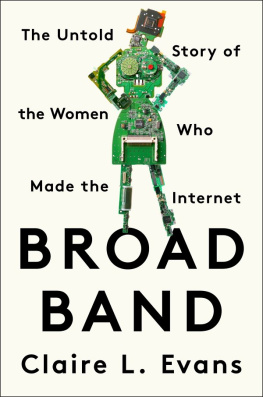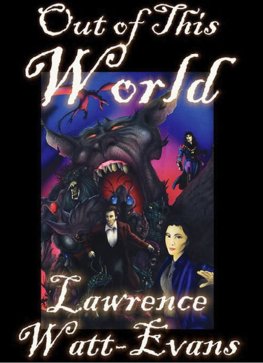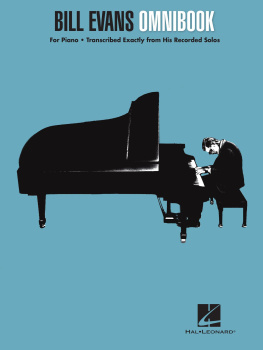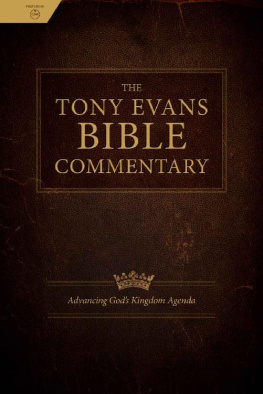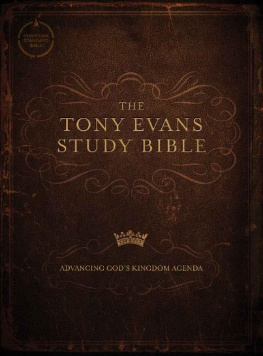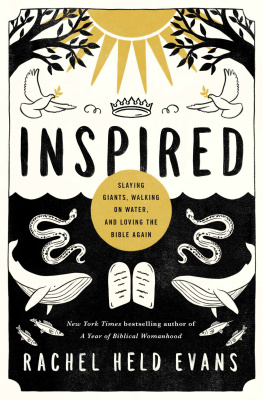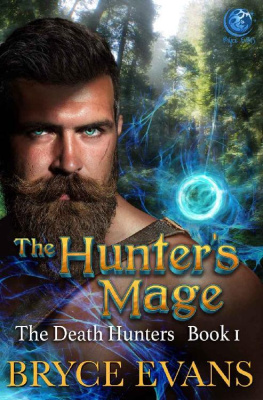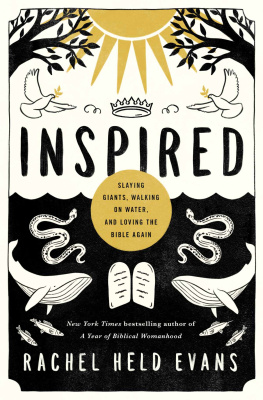Evans - Perspectives on World War I poetry
Here you can read online Evans - Perspectives on World War I poetry full text of the book (entire story) in english for free. Download pdf and epub, get meaning, cover and reviews about this ebook. year: 2014, publisher: Bloomsbury Academic, genre: Romance novel. Description of the work, (preface) as well as reviews are available. Best literature library LitArk.com created for fans of good reading and offers a wide selection of genres:
Romance novel
Science fiction
Adventure
Detective
Science
History
Home and family
Prose
Art
Politics
Computer
Non-fiction
Religion
Business
Children
Humor
Choose a favorite category and find really read worthwhile books. Enjoy immersion in the world of imagination, feel the emotions of the characters or learn something new for yourself, make an fascinating discovery.
- Book:Perspectives on World War I poetry
- Author:
- Publisher:Bloomsbury Academic
- Genre:
- Year:2014
- Rating:3 / 5
- Favourites:Add to favourites
- Your mark:
- 60
- 1
- 2
- 3
- 4
- 5
Perspectives on World War I poetry: summary, description and annotation
We offer to read an annotation, description, summary or preface (depends on what the author of the book "Perspectives on World War I poetry" wrote himself). If you haven't found the necessary information about the book — write in the comments, we will try to find it.
Evans: author's other books
Who wrote Perspectives on World War I poetry? Find out the surname, the name of the author of the book and a list of all author's works by series.
Perspectives on World War I poetry — read online for free the complete book (whole text) full work
Below is the text of the book, divided by pages. System saving the place of the last page read, allows you to conveniently read the book "Perspectives on World War I poetry" online for free, without having to search again every time where you left off. Put a bookmark, and you can go to the page where you finished reading at any time.
Font size:
Interval:
Bookmark:
Perspectives on World War I Poetry
ALSO AVAILABLE FROM BLOOMSBURY
English in Practice: In Pursuit of English Studies, 2nd edition
Peter Barry
Literary Theory: A Guide for the Perplexed
Mary Klages
The Poetry Toolkit: The Essential Guide to Studying Poetry, 2nd edition
Rhian Williams
Perspectives on World War I Poetry
Robert C. Evans

CONTENTS
This book
is intended mainly for students and general readers seeking an introduction to various ways of looking at literature, especially the poetry of World War I;
tries to give roughly equal weight to each of the literary theories discussed;
tries to explain those theories in language that is clear and accessible;
tries especially to show how each theory can be used and applied in practical ways to make sense of individual works of literature;
is designed so that individual sections can be read in isolation but also so that each section builds on the one before it, with the most general discussions placed at the beginning of the book;
is organized by dates of the poets births, with the earlier poets preceding the later ones;
includes poets from a range of English-speaking countries, including not only the United Kingdom but also the United States, Canada, Australia, South Africa, and others;
includes a large proportion of women poets as well as gay poets and poets of color.
I especially wish to thank David Avital of Bloomsbury Press for his enthusiastic support of this book and for his guidance in its preparation. I am also grateful to the various anonymous reviewers who endorsed the book and made very helpful suggestions about how to make it better.
My debts to my former teachers are too numerous and profound to list, but I would especially like to thank Alvin Kernan for his early support and encouragement and Robert L. Gale for his even earlier kindness. My debts to Robert and Marina Whitman are beyond measure.
My colleagues deserve many thanks, especially Eric Sterling and Alan Gribben. Over three decades I have had the pleasure to teach hundreds of students, especially in my Literary Criticism class, who have stimulated and challenged my own thinking. Christina M. Garner, who compiled , is one of the very best of these.
My deepest affection and thanks go, once more, to my wife, Ruth, who has given me more joy, laughter, and love than anyone could imagine. And I would be remiss if I did not thank three goofy dogs (Taylor, Martha, and Rafe) who make us smile and laugh many times every single day.
My debt to M. H. Abrams will be everywhere apparent in this text, and I hope I have adequately conveyed my admiration and respect for one of the most influential of modern literary theorists, who recently celebrated his hundredth birthday and is still going strong.
Although literary theory is often considered highly abstract and intellectual and therefore remote from the concerns of ordinary people, any reader of a literary text inevitably uses a literary theory of some sort. Any reader, that is, inevitably makes assumptions about why and how a text should be interpreted, understood, or appreciated. Responding to a text inevitably involves applying these assumptions, whether or not we are consciously aware of doing so. One goal of literary theorists, then, is simply to encourage us to be more conscious of the assumptions we make and use when we read.
By being more conscious of these assumptions, we can not only use them more insightfully but can also consider their strengths and weaknesses, their relative advantages and disadvantages. We can consider whether and in what ways they seem valid; we can make sure that we better understand their larger implications; we can determine whether we are applying them consistently; and we can help ensure that the theory we use is a theory we have freely chosen rather than one we have merely taken for granted simply because it is practiced by others.
Studying literary theory, then, can not only introduce us to different ways of reading texts but can also encourage a fuller development of our minds by prompting us not only to think for ourselves but to make sure that we can explain why we have chosen to think and read as we do.
Studying literary theory, however, has become increasingly difficult as the number of such theories has itself increased, especially during the past century. So many theories now exist, and so many often seem so difficult to grasp, that it is little wonder that so many ordinary readers feel intimidated (or even repelled). Trying to make sense of a given theory, and then trying to determine how that theory can be compared and contrasted with others, are genuinely daunting tasks. Different theorists seem not only to make fundamentally different assumptions but also, frequently, to speak fundamentally different languageslanguages that often seem arcane and highly abstract. It is hardly surprising, then, that many readers, when confronted with the opportunity or need to expose themselves to theory, adopt the response of Melvilles Bartleby and would simply prefer not to.
The Abrams scheme
Understanding the assumptions that lie within and beneath various literary theories becomes much easier when we heed the advice of M. H. Abrams, himself a highly influential theorist. Abrams suggested a scheme that is both firm enough and flexible enough to make sense of just about any theory one can imagine (see his famous book The Mirror and the Lamp: Romantic Theory and the Critical Tradition [Oxford: Oxford University Press, 1953], pp. 329). By applying this schematic approach to different theories, we can better understand both how they are similar and how they differ, and because the Abrams scheme encourages a systematic approach to various theories, it also makes it much easier to remember both their common and their distinctive features. Any schematic approach, of course, inevitably involves some simplification; in the final analysis, the best way to understand a particular theorists ideas will be to examine them with individual care and attention. The Abrams scheme, however, provides a useful way to begin the study of literary theory and to organize both the tactics and the results of our thinking.
Briefly, Abrams argues that any literary theory that attempts to be complete will inevitably make certain fundamental assumptions about several basic aspects of literature. These aspects can be called the writer, the text, the audience, and reality. To these four categories we can add a fifth: the critic. Any theory of literature, in other words, will tend to make assumptions about the role of the writer, the features of the text, the traits of the audience, the nature of reality, and the functions of the critic. Moreover, assumptions in one category will almost inevitably affect, or be consistent with, assumptions in another. Take an obvious example: if a theorist assumes that reality is fundamentally structured by inherent or imposed differences between the sexes, that assumption will in turn affect how the theorist imagines the role of the writer (male, female, sexist, liberationist, free, oppressed, etc.), the features of the text (progressive, conservative, experimental, traditional, flexible, rigid, etc.), the traits of the audience (men, women, repressed, tolerant, conservative, liberal, etc.), and the functions of the critic (a supporter of liberation; an advocate for previously ignored writers; a student of male and female habits of thinking and writing; etc.).
Next pageFont size:
Interval:
Bookmark:
Similar books «Perspectives on World War I poetry»
Look at similar books to Perspectives on World War I poetry. We have selected literature similar in name and meaning in the hope of providing readers with more options to find new, interesting, not yet read works.
Discussion, reviews of the book Perspectives on World War I poetry and just readers' own opinions. Leave your comments, write what you think about the work, its meaning or the main characters. Specify what exactly you liked and what you didn't like, and why you think so.

